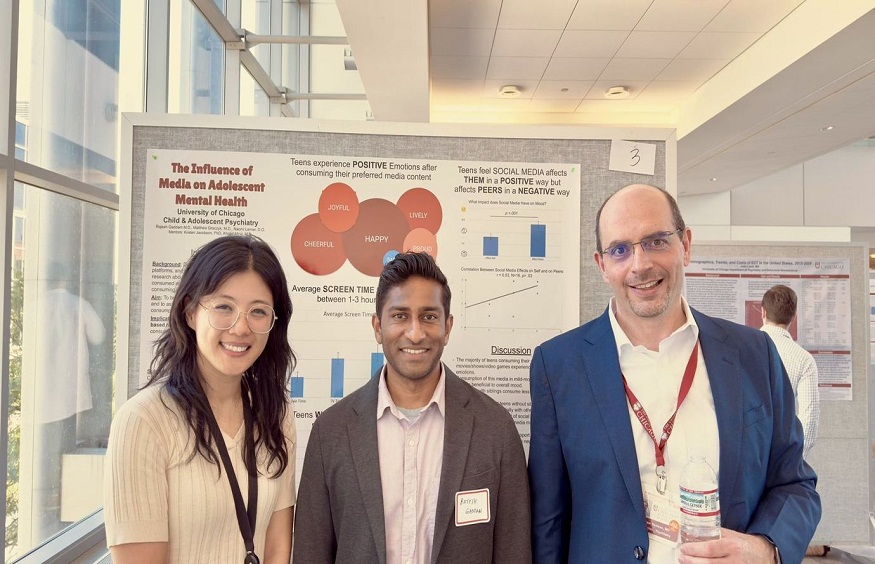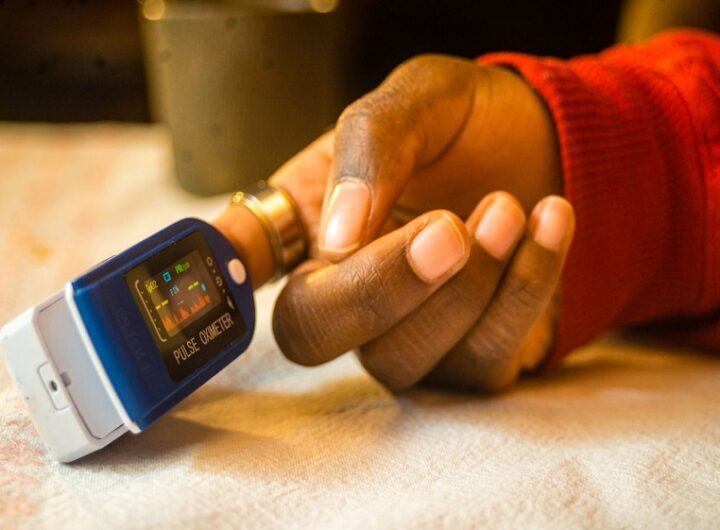
Understanding cultural differences in psychiatry is crucial. Every culture has its own views on mental health. These views shape the way people experience and express mental issues. In psychiatry, acknowledging these differences ensures effective and respectful care. It also plays a key role in psychiatric forensic depositions. Recognizing and adapting to cultural nuances helps to bridge gaps. This leads to better outcomes for individuals and families.
The Importance of Cultural Competence
Cultural competence in psychiatry means understanding and respecting cultural differences. This involves more than just language. It includes beliefs, traditions, and values. Without this understanding, misdiagnosis can occur. Effective therapy is not just about the right medication. It’s about understanding the person and their background.
Cultural Variations in Mental Health Perception
Different cultures view mental health in unique ways. For example, some cultures may see mental illness as a stigma. Others may see it as a spiritual issue. This affects how individuals seek help and adhere to treatment. Understanding these perspectives can help psychiatrists tailor their approach.
| Culture | Perception of Mental Health | Common Approach |
| Western | Medical condition | Medication and therapy |
| Eastern | Spiritual imbalance | Holistic practices |
| Indigenous | Community issue | Community healing |
Strategies for Addressing Cultural Differences
There are several strategies to address cultural differences in psychiatry:
- Education and Training: Training in cultural competence should be part of medical education. This helps psychiatrists understand and respect cultural differences.
- Use of Cultural Liaisons: Collaborating with cultural liaisons or community leaders can improve communication and trust.
- Individualized Care Plans: Personalized care that considers cultural background can lead to better adherence and outcomes.
Policy and Practice Implications
Policymakers need to consider cultural differences when shaping mental health services. This includes funding for cultural competence training and support for community-based interventions.
The Role of Communication
Effective communication is key in bridging cultural gaps. This means listening actively and asking questions. It also involves using simple language and avoiding assumptions. Psychiatrists should encourage patients to share their cultural beliefs. This openness fosters trust and collaboration.
Conclusion
Addressing cultural differences in psychiatry benefits everyone. It leads to more accurate diagnoses and effective treatments. By understanding and respecting cultural perspectives, psychiatrists can provide better care. This approach not only improves individual outcomes but also strengthens communities.

 Top Myths About Pediatric Home Health Care Debunked
Top Myths About Pediatric Home Health Care Debunked  Immunity IV Drips – Your Frontline Defense Against Modern-Day Fatigue, Illness, and Burnout
Immunity IV Drips – Your Frontline Defense Against Modern-Day Fatigue, Illness, and Burnout  Is Vasectomy Painful? What Men Should Know about the Procedure
Is Vasectomy Painful? What Men Should Know about the Procedure  Low Blood Oxygen? These 5 Shocking Causes Might Be Putting You at Risk!
Low Blood Oxygen? These 5 Shocking Causes Might Be Putting You at Risk!  Cardiologists And The Approach To Pediatric Heart Conditions
Cardiologists And The Approach To Pediatric Heart Conditions  Lifestyle And Fertility: An Infertility Specialist’s Advice On What You Can Control
Lifestyle And Fertility: An Infertility Specialist’s Advice On What You Can Control  The Best Practices For Maintaining Healthy Gums In Willow brook
The Best Practices For Maintaining Healthy Gums In Willow brook  Top Dermatology Myths Debunked by Experts
Top Dermatology Myths Debunked by Experts